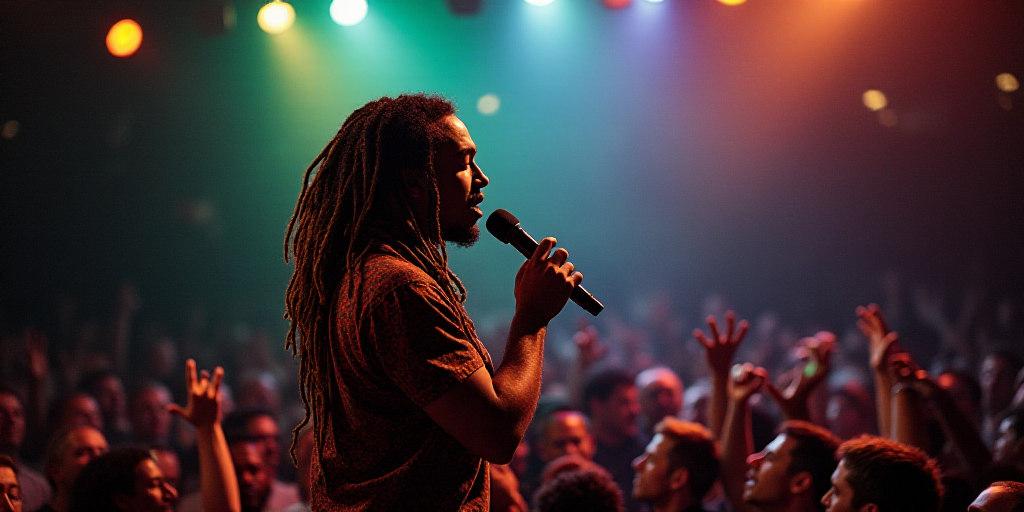Background on Kneecap and Bob Vylan
The Glastonbury Festival, a renowned British event since 1970, witnessed artists Kneecap and Bob Vylan using their performances to protest the ongoing genocide in Gaza. Both acts denounced Israel’s 21-month brutal offensive in Palestine, which has resulted in at least 56,500 deaths in the Gaza Strip.
Kneecap: An Irish Punk Trio with a Controversial History
Kneecap, an Irish punk trio, has faced criticism for their protests against Israeli genocide in Palestine. The group, led by Liam O’Hanna (Mo Chara), has been accused of attempting to normalize the conflict. In a previous controversial performance at Coachella, there were calls to cancel their Glastonbury appearance. O’Hanna was even charged with terrorism for displaying a Hezbollah flag during a London concert in 2024.
Bob Vylan: A Punk-Rap Duo from Ipswich
Bob Vylan, a punk-rap duo from Ipswich, also delivered fiery protests. Their anti-Israeli military chants sparked a chain reaction, leading to the BBC’s involvement in controversy over broadcasting their performance. The network later removed the video from digital channels, raising questions about their coverage of the conflict.
Festival Organizers’ Response and Consequences
The festival organizers swiftly responded, stating: “There is no place for antisemitism, hate speech, or incitement to violence at Glastonbury.” The U.S. government revoked the artists’ visas due to their “hateful rhetory” at the festival, according to Christopher Landau, former U.S. ambassador to Mexico. The United Talent Agency severed ties with the band, and Avon and Somerset police initiated a criminal investigation.
Significance of the Protests and Censorship Concerns
This incident marks the first time Glastonbury’s stage has been used for such extreme protests. Calls to censor artists speaking out against the Gaza conflict should raise concerns about artistic freedom and drawing attention away from Palestinian issues.
Kneecap and Bob Vylan have emphasized that they should not be the focus, reminding us of the ongoing conflict in Palestine. Their performances highlight music’s role in reflecting global events and raising awareness of injustices.
Historical Context: Music as a Protest Tool
Music has long been a platform for discomfort and change. From Woody Guthrie’s guitar “killing fascists” to Bob Dylan criticizing war leaders, and Public Enemy’s rap serving as “CNN” for the African American community, music has always carried a message.
As Joe Strummer and The Clash remind us, harnessing anger can be powerful. Kneecap and Bob Vylan’s protests echo the early days of punk, when Sex Pistols’ “Anarchy in the UK” was censored by the BBC during Queen Elizabeth II’s Jubilee celebrations.
Key Questions and Answers
- Who are Kneecap and Bob Vylan? Kneecap is an Irish punk trio, while Bob Vylan is a punk-rap duo from Ipswich.
- What was their protest about? They denounced Israel’s 21-month offensive in Palestine, which has resulted in at least 56,500 deaths in Gaza.
- What were the consequences of their protest? The U.S. revoked their visas, the United Talent Agency cut ties with them, and Avon and Somerset police launched a criminal investigation.
- Why is this significant? This incident underscores the importance of artistic freedom and draws attention to ongoing conflicts, like the one in Palestine.






